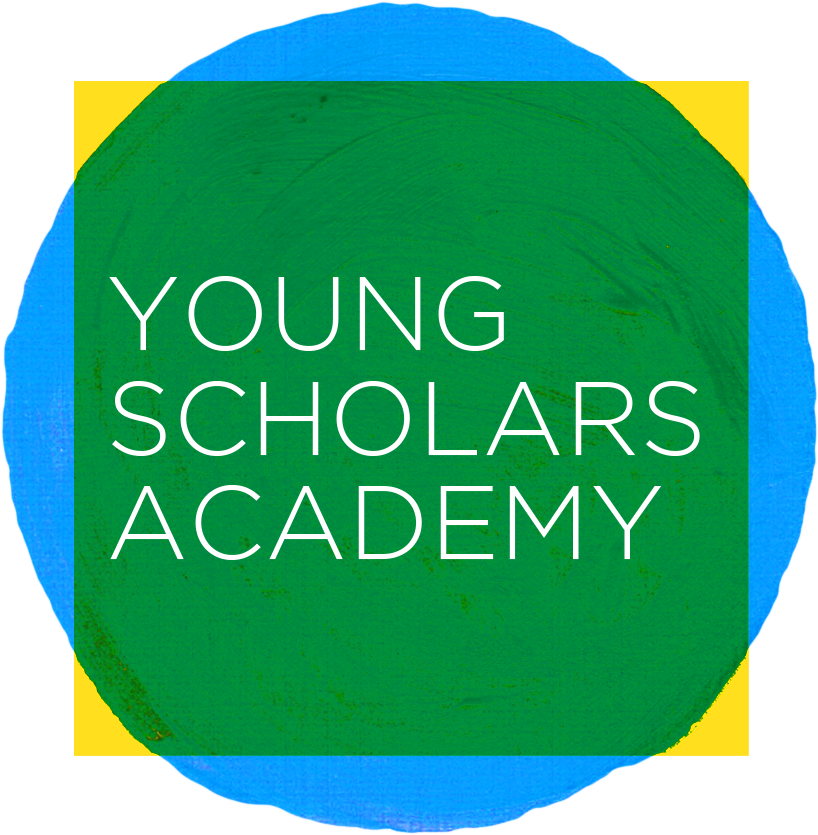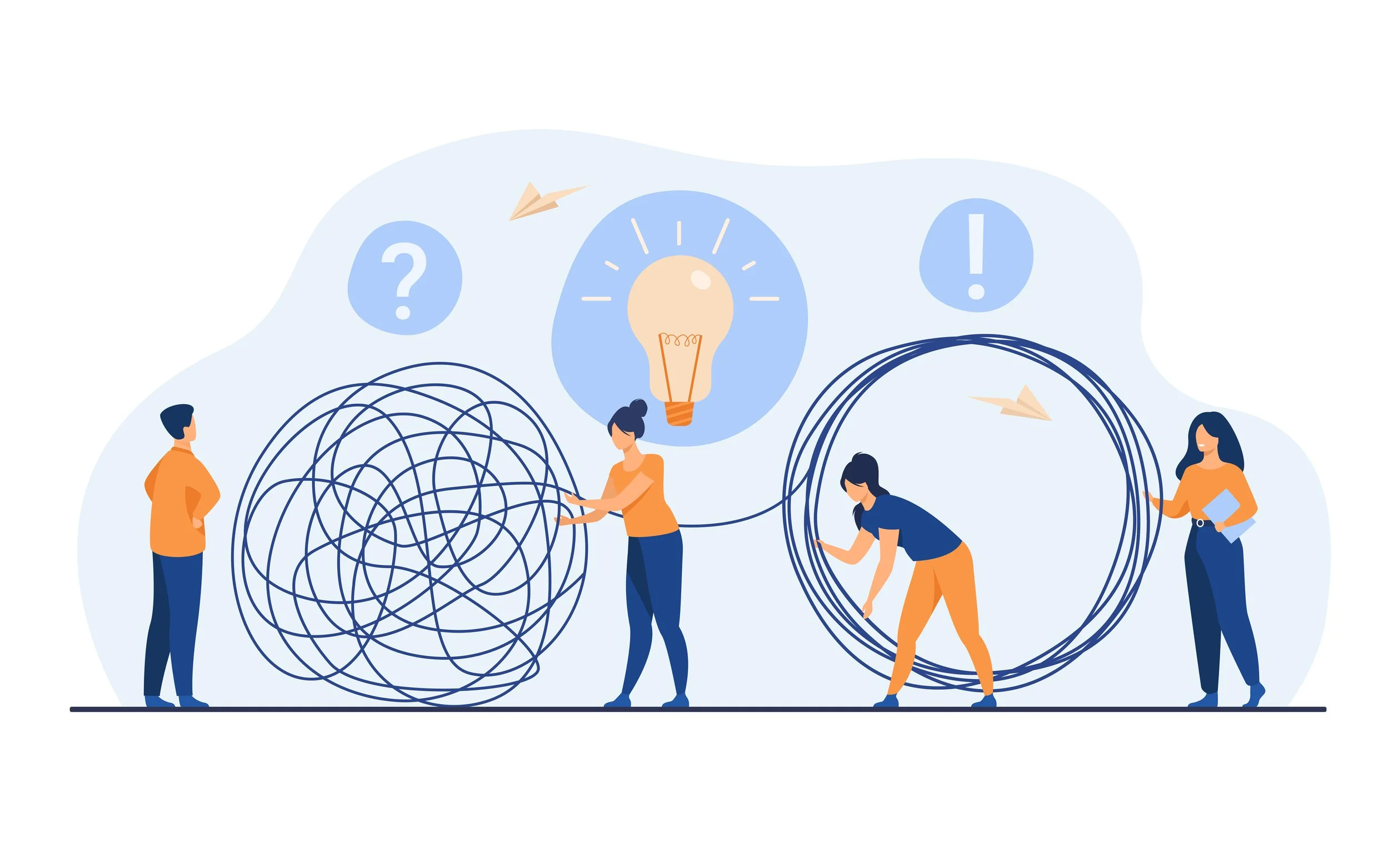Alternative Education Paths: Removing Barriers to Learning for 2e children
There are lots of different paths to education. But the main one - public education - doesn’t work for a lot of families. If you’re here reading this, you may have found that it isn’t working completely for you.
People come to alternative education from a variety of places. Maybe you are an established homeschooling family and are looking for ways to support your 2e child. Maybe you are an afterschooling family - providing enrichment in the off hours. Maybe you are just learning about the ways you can support your 2e kiddo. Regardless of why you are here, I’m glad you are.
Here is my soap box. We cannot expect a school system designed to fit the majority of children to provide opportunity to thrive for EVERYONE. It just doesn’t work. 2e children are often left behind in these systems (as are Black and Brown children, LGBTQ+ children, and any child who may not fit easily into a century-old, productivity-based machine).
Let’s face it. The US education system is broken. Our history is full of increasingly normalizing practices. It is an outdated machine designed to create “functioning”, compliant adults who were going to work in an industrializing, factory-run economy. The reality is that the system is really only designed to serve a subset of the population – mostly white, mostly male, and mostly neurotypical.
Every person who doesn’t fit the mold must be painfully changed or cast out of the system completely. Gifted students are treated either like prize cattle with access to accelerated or project-based learning programs, or they are forced into repetitive complacency. Students with disabilities are often stigmatized, with schools refusing to see strengths and abilities beyond disabilities and challenges. These students are given enough support to survive, but rarely to thrive.
Thankfully, there are other options!
I invite you to see a different way to approach education – one that is passion-driven rather than proscriptive, one that is interest-led rather than top-down, one that caters to the unique learning strengths and challenges of EVERY SINGLE CHILD rather than a cookie cutter education that eschews anyone who doesn’t fit the mold.
I know. I am asking you to depart from culturally entrenched ideas of what school has been for a century. Instead, I want you to embrace what learning CAN be.
1. Learning can happen anywhere. Our education system would like you to believe that you can only learn math in math class and history in history class. As an experienced teacher for over 10 years, I can confidently tell you that subjects don’t matter. We don’t stop learning because we aren’t in school, so why would we assume that the only place kids learn is IN school? In fact, for many, true learning happens after school hours. That’s when many students are delving into their interest areas and really exploring!
Learning is a human trait. We learn through our environment, through the books we read, through the conversations we have, and through the shows and videos we watch. Learning doesn’t belong to adults who pour it into the minds of children. It belongs to everyone, equally. Our goal as educators needs to be to increase access to learning, remove barriers to learning, and scaffold children as they chase THEIR future, not ours.
2. Learning IS the point, not just a means to an end. We want our children to be life-long learners. We want them to keep growing. Most of us want this for ourselves – we want to be adaptable. Learning should be THE point or education – not just a means to a grade, or the next step, or college. When we let children have autonomy in their education, they have a reason to WANT to be there, to learn the next thing. They are interested in what they are doing. They are going to class because they WANT to be there, not because they HAVE to be there.
Learning doesn’t have to be coercive or compulsory. Kids are learning all of the time. When they play video games, they are showing tenacity and grit. When they learn everything about their favorite Pokémon card, they are showing they can research. We can help them move from consumers of information into creators, but only if they have buy-in and agency.
““The mind is not a vessel to be filled, but a fire to be kindled.” ”
3. Learning can be an act of radical self-love. For many 2e people, children especially, the Strengths-based approach to education is a breath of fresh air. For some, this is the first time their interests and values are appreciated and honored. Adults are often told to follow their passion, but that same passion in children is often stifled by the rigor and routine of a compliance-driven education. But, what if we taught learning and education like the olympics?
What if we provided children with mentors and a like-minded community to grow and develop in their passions? When children meet others like them with similar interests or similar differences or challenges, they realize they aren’t alone. This can be even more powerful when they meet adults not only appreciate a 2e mind, but have one themselves. Kids get to see that they aren’t weird or the only square-peg out there. They get to build a community where they don’t have to mask their abilities or disabilities - and self-acceptance is a radical act of self-love.
By following interest-led education, we allow children to apply and become their best. They WILL try their hardest. They WILL learn and apply grit and resilience. Learning the art of failure becomes a path to success. How many times will a child try the same level or boss on a video game they love vs meltdown when trying a new math problem? This is the difference. When we give a child agency over their own learning, we are saying that their thoughts matter, their ideas matter, their interests matter - THEY matter.
4. Learning can be diverse and accessible. – Many families come to alternative education because the education system around them could not support their child’s diverse needs. These families then use programs like Young Scholars Academy for their children to dive deeper into high-interest topics, while also providing scaffolding and access. One thing that came out of the pandemic years was a strong showing of online programs.
There are so many different programs and topics out there that young learners can access that it seems almost backwards to force everyone into the same topic at the same time. We can treat education and learning like Netflix, with programming that structures learning, scaffolds skills, and teaches invaluable life lessons around your child’s passions. This is where students can find mentors and classmates that look like them, programming that represents them or exposes them to new people and ideas. Students in areas with limited access can connect with people all over the world all from the comfort of home.
Alternative education provides a path to adulthood that is rich in agency and self-determination. It is not always easy, but it will be worth it. At YSA, we provide you with space for your child to do what they love with mentors who have similar life experiences, who have walked where your child walks. We provide a space for like-minded children to gather and talk and connect, a respite from a world that expects conformity. Our students need that space where they can do what excites them and fills them up so that they can take on the world.
The reality is that the things our students are doing outside the class are often more aligned with what really lights their fires with what they will most likely do in their futures. We are giving them the space to be who they want to be, so that they don’t have to mask anymore. We welcome all the square pegs, and the triangle pegs, and any other shape peg because there is no required “fit” here.
Speaking of fit, if you dream of a place where your child not only fits in, but BELONGS:





